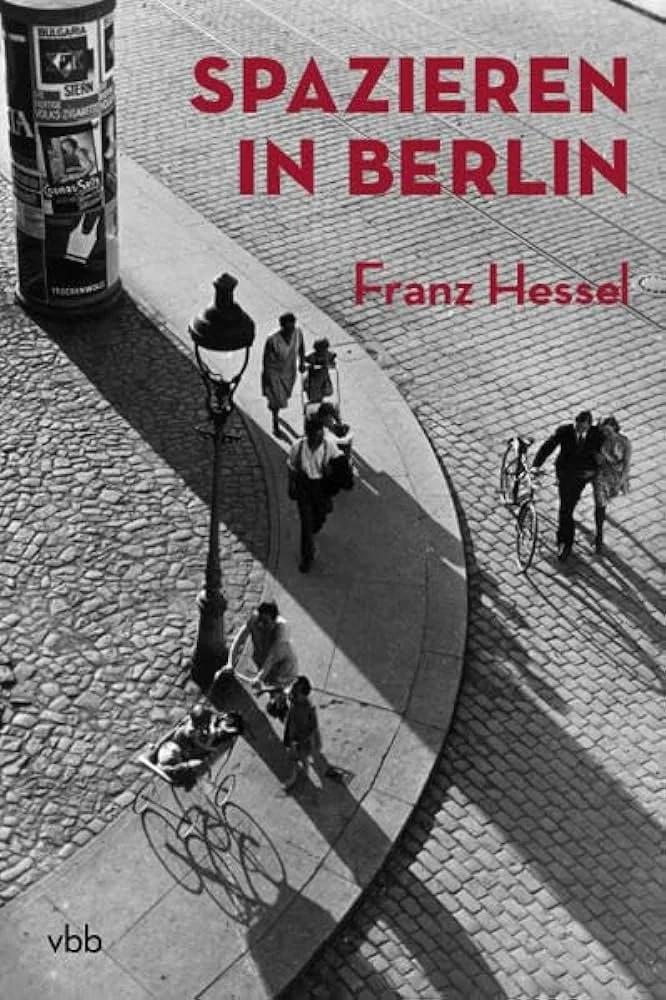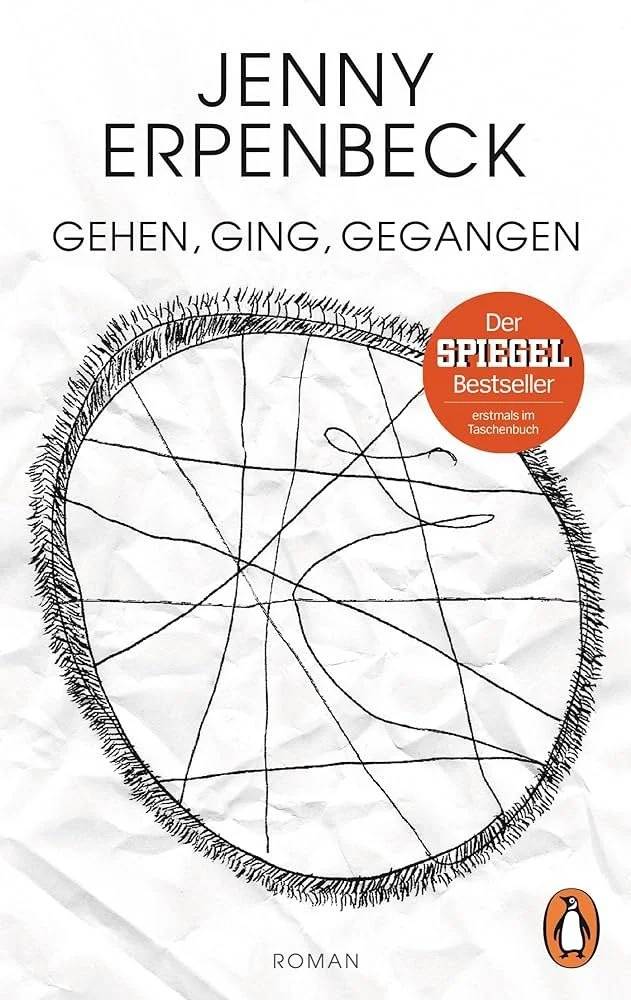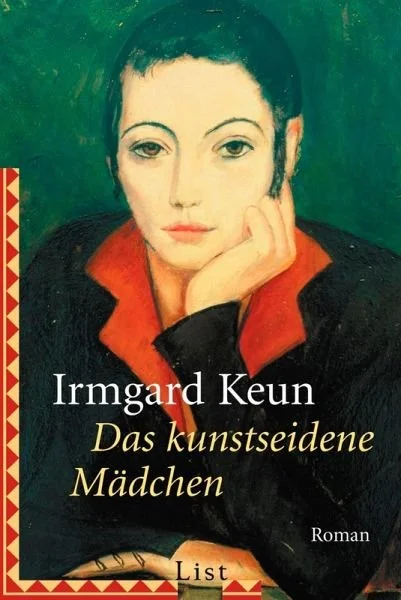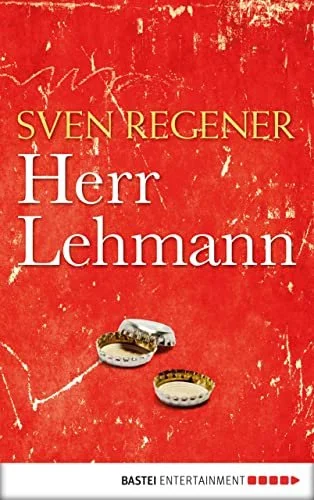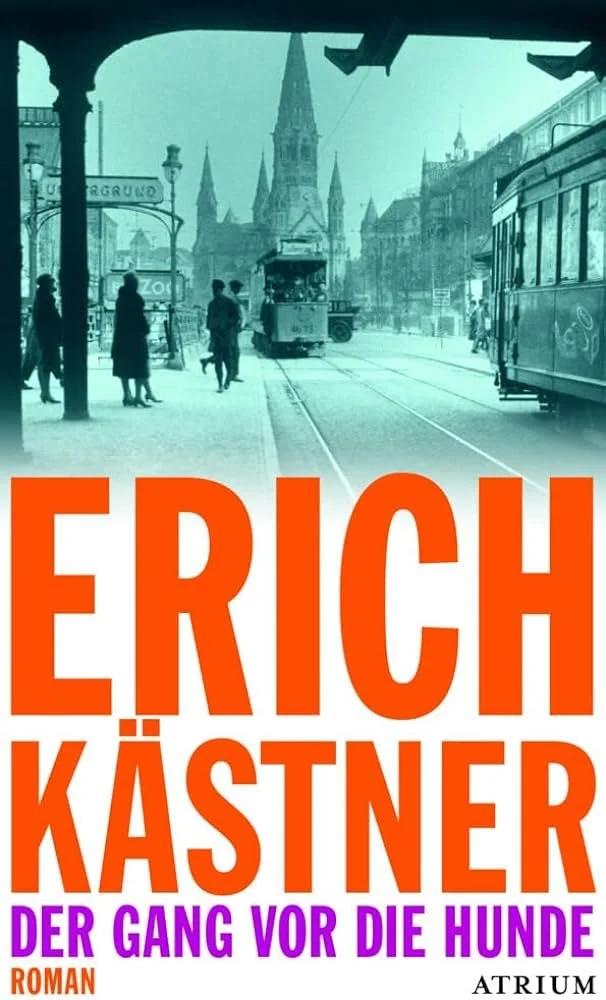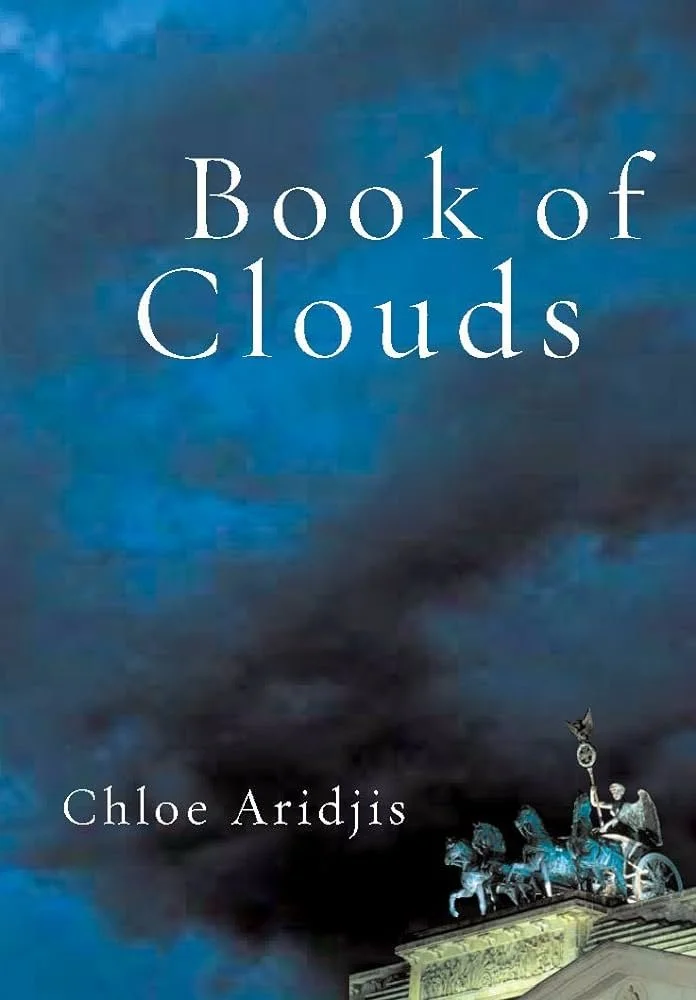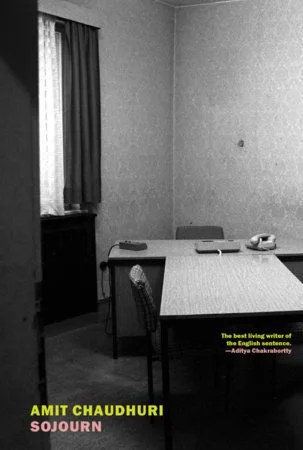
THE BERLIN PROJECT
An open textbook project by Leonie Hölderle, Paula Riese, Cole Sutherland, and James Skidmore
The Berlin Project is a grad seminar, a textbook for undergraduate courses on Berlin, and more.
In Fall Term 2023, I held a graduate seminar on Berlin for three graduate students at the University of Waterloo. This was a project-based course: instead of presentations and term papers, we discussed how we might put together an open access anthology of essays written by us on particular works of fiction and cinema set in Berlin. This page explains how we went about this and what we’ve achieved.

The Idea.
Fascination with Berlin
German studies scholars have long been fascinated by Berlin. It’s no wonder: the city was at the centre of German and world history for most of the 20th century, and since the reunification of Germany in 1990, it has become the dominant city in German political and cultural life.
This fascination can be seen in the many Berlin courses that have sprung up at universities throughout the English-speaking world. In doing background research for this project, Leonie Hölderle - a graduate student who was assisting me - and I found over 20 syllabi online for courses the centred on Berlin history and culture.
When I was thinking about offering a graduate seminar on Berlin for my department, I thought about what I could do that might be a little different. I was especially interested in having the graduate students do something other than a standard literature seminar. Don’t get me wrong, I love the graduate seminar model of long discussions and thoughtful papers and presentations, but I wanted the students to come at the material with a fresh perspective.
Photo by Markus Spiske on Unsplash
Applied Literary Studies
At the time I was planning this course, I was also reviewing our graduate programs for our regular program review process. Talking to students who had earned their MAs and PhDs in German studies at the University of Waterloo in recent years, I realized that some of them were hoping for a different kind of intellectual experience. At the University of Waterloo, we run a joint MA with the Universität Mannheim in Germany, and the students who enter this program often aren’t expecting to go on to a PhD and university teaching. They take the MA because they think it can give them specific skills and valuable international experience, and that these qualifications will serve them when they start looking for full-time employment. (They seem to be right: our graduates are very successful at finding jobs.)
I was especially open to making changes to the types of tasks and assignments students do in their courses. A couple of years ago I wrote an article about disposable assignments, those essays that are written solely for a course, read once by the instructor, and then forgotten. I was curious about what kinds of non-disposable assignments could be possible in a class that would be focusing on literature and film.
By Students, for Students
I don’t know if it was a eureka moment or not, but at some point it came to me: the Berlin seminar could take an applied approach that takes the interest in Berlin and combines it with a more goal- or project-oriented outcome. To do this, we would need to structure the seminar as a project, and that project would be an open textbook of essays by us on topics that come up in seminars on Berlin.
Having students contribute to open textbooks is not a new phenomenon. One common approach is to have students curate anthologies of older literature in the public domain; there are examples in early American literature and Hispanic literature where the students provide historical and contextual introductions to the works. A project that requires more involved writing on the part of students is Welcome to Canadian Politics, a website “designed to provide clear, engaging, and accessible information about Canada’s political system” in which students organize and write much of the content.
Since my students were at the MA level, I thought it would be worthwhile for them to write interpretive essays about the works were studying. This would allow them to make use of their skills in narrative analysis and interpretation, but to apply them to different context: not disposable essays that no one but the prof would read, but rather essays aimed at undergraduate students and anyone else interested in the works we were reading and viewing.

Reading and Watching.
What we read and watched
Leonie and I put together a list of novels and films culled from Berlin course outlines, “listicles” about books and films on Berlin, tables of contents of reference books on Berlin, and our own knowledge of the German literary canon. We ended up with a list containing scores of titles. How to choose? Leonie proposed we arm wrestle, but knowing that she would likely win such a contest, I convinced her that we could discuss this like reasonable adults.
We rejected the idea of finding works to represent every era of German social-political history, and we also didn’t feel compelled to choose the classic works associated with Berlin (e.g. Berlin Alexanderplatz or Berlin Sinfonie einer Großstadt or Der Mauerspringer). Instead, we wanted to have a mixture of German and non-German works, a mixture of film and fiction, and a variety of styles or voices.
Some of the thinking that influenced our thinking
Timothy Cresswell - City as Place
Cresswell is a geographer by training. His book Place: An Introduction is a key text for understanding how space becomes place, and what that all might mean. The book is used in a lot geography and planning courses, and parts of it showed up in some of the Berlin syllabi we came across. And that makes sense since one of the biggest takeaways from Cresswell is his definition of place as a meaningful location.
This leads to the question: what turns any space into place? Or: what needs to happen to space to give it meaning and turn it into place?
Place can therefore be understood as not just a thing in the world, but as a means to understanding the world.
Andreas Huyssen - Berlin as Text
Huyssen’s essay “Voids of Berlin” appears in a great many Berlin course outlines. Written in the early Wende years, it grapples with the empty spaces that were a feature of the wall-less reunited city. As much an analysis of those spaces as an appell to prevent them from being effaced by property developers, Huyssen’s text also gives us another method for approaching the “meaning” of Berlin.
Referring to himself as a literary critic, Huyssen points out that he reads “city as text, . . . as a conglomeration of signs.” And the signs he is looking for are historical, the ones that, like Libeskind’s Jewish museum, articulate “issues of national and local history in ways pertinent to postunification Germany.”
Huyssen takes a dim view of Berlin’s post-Cold War shift to a city of tourism and commerce: “Berlin may be the place to study how this new emphasis on the city as cultural sign, combined with its role as capital and the pressures of large-scale developments, prevents creative alternatives and thus represents a false start into the twenty-first century,” false because no amount of development, in his view, can erase the memories of the “haunting” spaces that Berlin’s void embody.

What we created.
Open Textbook
We each wrote three interpretive essays on three of the works. Each author was assigned a reader who would read drafts and provide feedback. As instructor, I read all the essays and do the copywriting. I also write an introductory essay on Berlin and a preface explaining the book.
The book is licensed CC-BY-NC-SA. This chart will help explain what that means (click on the image to enlarge it):
StoryMaps
StoryMaps are interactive digital experiences that combine maps, multimedia content, and narrative text to create engaging and informative stories. They are created with the web-based application ArcGIS StoryMaps, which enables the authoring of stories with various elements such as maps, text, images, videos, and embedded items.
In The Berlin Project, we have created StoryMaps for many of the novels or films we’ve treated in the textbook. We use them to give the readers a sense of where in Berlin the stories are taking place, thereby giving them a geographic context for the stories.
Available late September 2025 (drück mir bitte die Daumen!) in the eCampusOntario Open Library.

